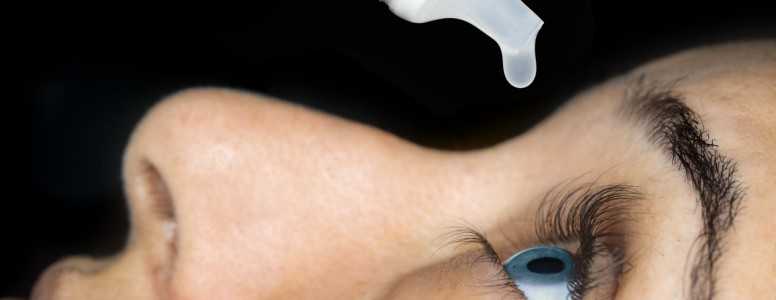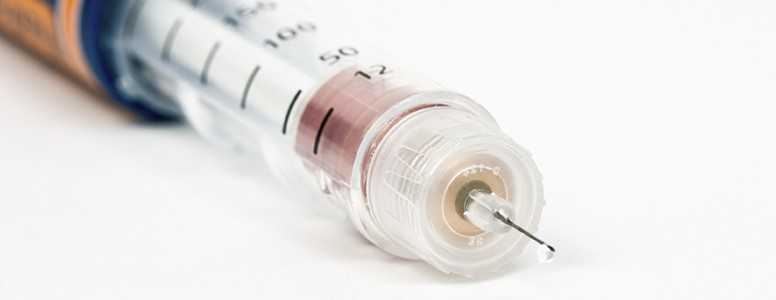Researchers from the University of Nottingham are bringing hope to people at risk of diabetic eye complications. They are developing a new treatment which could replace the need to have injections into the eye.
Whilst injections are a day to day part of life for many people with diabetes, these are injections into the flesh. However, some people with diabetes may develop a dangerous eye condition, diabetic maculopathy, that can threaten sight.
Diabetic maculopathy is when damage occurs to the part of the eye responsible for central vision. People are at higher risk of diabetic maculopathy if they have had a form of retinopathy for a number of years. People with the maculopathy may need injections into the white of the eye to prevent the condition from causing further damage.
The anti-VEGF injection treatments are effective but often need to be given monthly and they can be difficult for patients to face.
The researchers are working on developing eye-drops that work for age-related macular degeneratio, a condition which shares a number of similarities with the macular complications faced by people with diabetes.
The team have been awarded £37,000 from the National Eye Research Centre and a £60,000 grant from Nottinghamshire Freemasons.
David Bates, Professor of Oncology at the University of Nottingham’s Faculty of Medicine and Health Sciences, stated to the Nottingham Post: “Diabetes is the leading cause of preventable sight loss in the working population in the UK. The impact of this research means that in the future diabetic patients could be offered a better, more effective way of preventing them from losing their sight.
“The current treatment for diabetic retinopathy is very unpleasant for the patient but also costly and time-consuming because the injection can only be performed at eye clinics by specialist doctors and nurses.”
The research will take more development but the team is hopeful that the eye-drops treatment could go into clinical trials within the next five years.
What's new on the forum? ⭐️
Get our free newsletters
Stay up to date with the latest news, research and breakthroughs.







